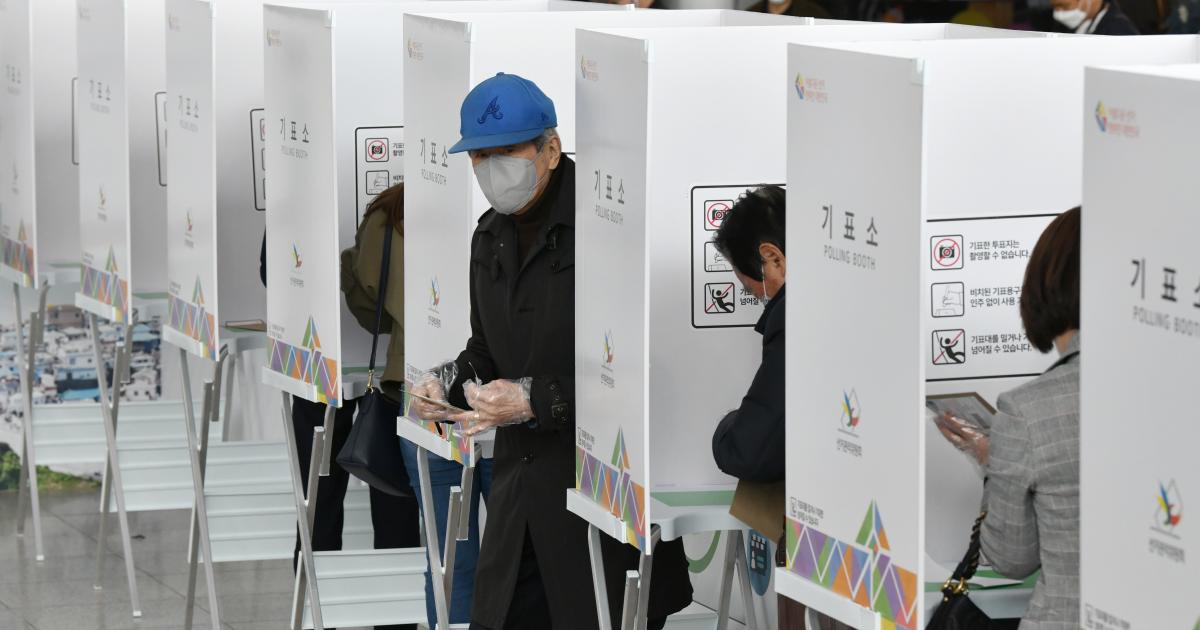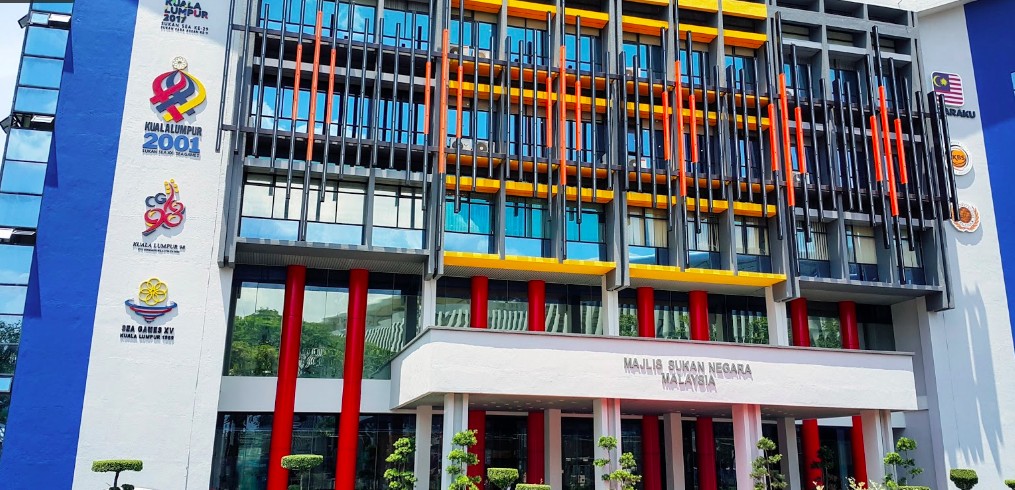South Korea Goes to the Polls Despite COVID–19 Pandemic
South Korean elections are often a wild and unpredictable adventure. That said, this year’s National Assembly election will be one for the books less so for the polling result than for it being held at all. Other nations have postponed elections due to the COVID-19 pandemic or held them amidst. While South Korea’s COVID-19 testing program is cited as the for epidemic response, it is uncertain whether its election procedures will be similarly lauded.

Contests for all 300 seats of the unicameral National Assembly will come to a vote on April 15. President Moon Jae-in’s term does not expire until 2022, but legislative elections are interpreted as a public referendum on the president’s tenure.
Initially, the COVID-19 outbreak had created uncertainty over whether the elections would be held as scheduled. But South Korea’s expansive testing and monitoring program overcame the worst of the epidemic. Moreover, the nation has experience holding elections during major calamities. Duyeon Kim, senior advisor for Northeast Asia at the International Crisis Group, highlighted, “Elections have never been postponed in Korean history, not even during the Korean War or the H1N1 outbreak.”
This year, the National Election Commission (NEC) has articulated requiring voters to wear face masks and disposable gloves, maintain social distancing, and pass a temperature check before casting a ballot. Voters failing the temperature check will be required to use a special voting station that will then be disinfected. People in quarantine will be allowed to vote by mail from home.
However, the system is not without its problems. Most notably, it precludes living overseas from voting. Citizens abroad cannot vote by mail, but may cast a ballot at South Korean embassies or consulates overseas. But this year the NEC has stopped election-related operations at 86 diplomatic missions in 51 countries due to the pandemic.
In an email interview John Delury, a professor at Yonsei University in Seoul, commented: “The three issues that might have been a focal point under normal circumstances growing the economy, addressing social ills, and managing North Korea have receded into the background or taken radically new shape. Instead the central, existential issue right now is surviving COVID-19.” As a result, Delury believes the election is likely to “serve as a referendum on the sitting government’s COVID response efforts.”

This has played to Moon’s advantage since, after some initial criticism, he is generally perceived as overseeing an effective government response, which enabled South Korea to flatten the curve of new cases.
Moon is gaining recognition from global leaders. World Health Organization Director-General Tedros Adhanom Ghebreyesus and requested he deliver a keynote speech to the organization’s teleconference. At least have called Moon seeking his quarantine advice or South Korean test kits.



Comments
Post a Comment